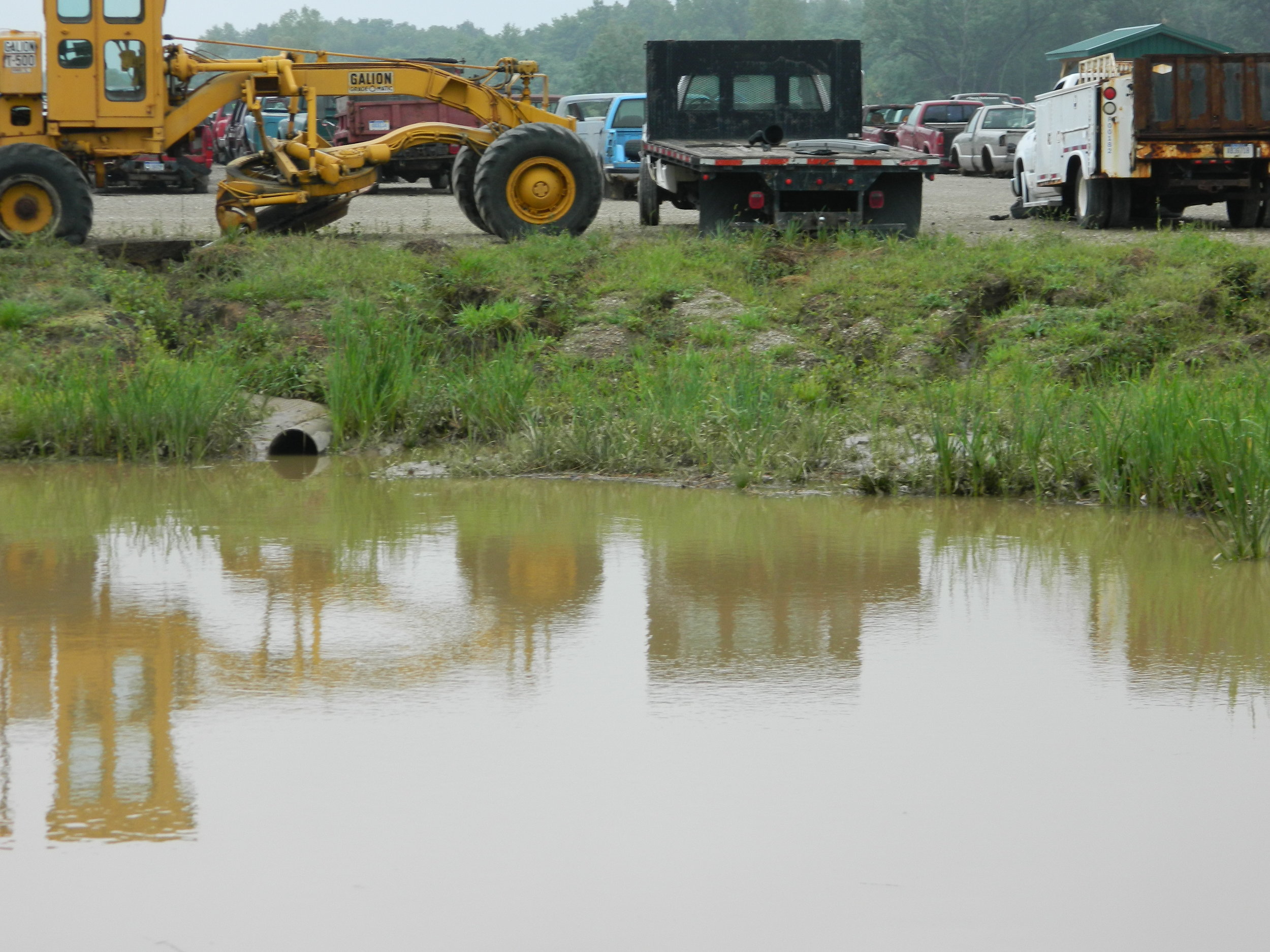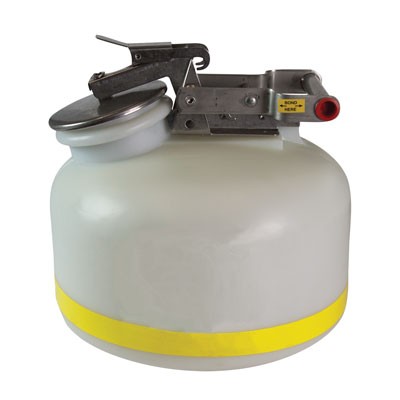Specialist Liquid Waste Removal Melbourne: Maintaining Your Atmosphere Clean
Specialist Liquid Waste Removal Melbourne: Maintaining Your Atmosphere Clean
Blog Article
Comprehending the Comprehensive Refine of Fluid Waste Disposal: Finest Practices and Environmental Effect Considerations
The monitoring of liquid waste disposal is a complex problem that requires a thorough understanding of different best techniques and their associated ecological effects. From the kinds of liquid waste produced to the approaches employed for collection, therapy, and final disposal, each step plays a critical function in safeguarding environments and public wellness.
Sorts Of Fluid Waste
Recognizing the various sorts of liquid waste is essential for efficient monitoring and disposal practices. Fluid waste can be generally categorized into numerous kinds, each calling for one-of-a-kind handling and therapy approaches.
Industrial liquid waste usually includes dangerous materials, including heavy metals, solvents, and chemicals, generated throughout producing procedures. These wastes necessitate rigorous regulatory compliance to protect human health and wellness and the atmosphere. Residential fluid waste mostly refers to wastewater generated from homes, including sewer and greywater, which, although less hazardous, can still posture substantial risks if improperly managed.
Agricultural liquid waste, including runoff from farms, commonly has fertilizers and chemicals that can lead to environmental degradation if not dealt with properly. Medical liquid waste, generated from healthcare facilities, consists of infected liquids such as physical liquids and chemicals, needing specialized disposal techniques to avoid infection and ecological contamination.
Finally, oil and grease waste, usually created by restaurants and automotive markets, can trigger extreme clogs in sewer systems if not managed properly. Recognizing these groups promotes targeted techniques for therapy, compliance with policies, and efficient disposal approaches, ultimately advertising environmental sustainability and public health and wellness safety.

Collection Approaches
Reliable collection techniques are essential for the appropriate monitoring of liquid waste, guaranteeing that it is gathered safely and successfully prior to therapy or disposal. Numerous methods are used relying on the kind of fluid waste produced, the volume, and the details characteristics of the waste.
One usual technique is making use of committed collection containers or sumps, which are created to record fluid waste at the source. These systems commonly integrate pumps that assist in the transfer of waste to larger storage containers or therapy facilities. In addition, mobile collection systems outfitted with vacuum innovation are utilized in circumstances where waste is produced periodically or in hard-to-reach locations.
For commercial setups, closed-loop systems can efficiently minimize spills and leaks, permitting the recovery and reuse of liquid waste. It is likewise important to train workers on appropriate collection procedures to mitigate threats linked with unsafe materials.
Furthermore, carrying out routine upkeep schedules for collection equipment ensures optimal efficiency and safety. The integration of advanced surveillance systems can improve collection performance by giving real-time data on waste levels and potential dangers. Overall, efficient collection approaches are fundamental to lasting liquid waste administration techniques.
Therapy Processes
Therapy processes play a crucial duty in the monitoring of fluid waste, transforming potentially hazardous products into reusable resources or risk-free effluents - liquid waste disposal. These processes can be generally classified right into physical, chemical, and biological methods, each tailored to address certain impurities present in the waste stream
Physical my sources treatment approaches, such as sedimentation and purification, work by removing suspended solids and particle matter. These strategies are typically the initial step in the therapy chain, efficiently reducing the lots on subsequent processes. Chemical therapies include using reagents to neutralize hazardous materials, precipitate heavy steels, or oxidize organic toxins, thereby enhancing the safety and security of the effluent.
Biological treatment processes, consisting of activated sludge systems and anaerobic digestion, exploit on the all-natural capabilities of microbes to deteriorate organic matter. These approaches are particularly reliable for wastewater including biodegradable pollutants. Advanced treatment modern technologies, such as membrane purification and progressed oxidation procedures, are increasingly utilized to attain higher degrees of purification.
Integrating a mix of these treatment approaches not only makes sure compliance with blog regulative standards but additionally promotes ecological sustainability by recovering beneficial sources from liquid waste.
Disposal Options
How can companies make certain the accountable and risk-free disposal of liquid waste? Efficient disposal choices are critical for safeguarding public health and the setting. The main techniques include land disposal, incineration, and treatment adhered to by discharge into local wastewater systems.
Land disposal includes the mindful control of fluid waste in assigned landfills, guaranteeing that it does not seep right into surrounding soil or water. Incineration, on the other hand, topics liquid waste to high temperatures, transforming it right into ash and gases, which require proper filtration to decrease emissions. This method appropriates for contaminateds materials that can not be dealt with through standard methods.
In instances where fluid waste can be dealt with, organizations may go with learn this here now biological or chemical treatment procedures to counteract harmful parts prior to discharging the dealt with effluent right into local systems. This course typically straightens with regulatory demands, making sure that the effluent fulfills safety and security requirements.
Eventually, companies should carry out thorough evaluations of each disposal choice to identify its viability, thinking about factors such as waste composition, regulatory compliance, and possible dangers to health and the atmosphere. By choosing appropriate disposal techniques, businesses can add to a responsible waste administration approach.
Environmental Impact
The ecological impact of liquid waste disposal is an essential factor to consider for companies seeking to minimize their ecological footprint. Furthermore, the discharge of neglected or improperly dealt with waste right into surface area waters can result in eutrophication, leading to oxygen depletion and the subsequent death of fish and other organisms.

To alleviate these effects, organizations need to take on ideal practices such as implementing strenuous waste therapy processes, promoting recycling and reuse, and sticking to governing requirements. By taking a positive technique to fluid waste administration, entities can considerably decrease their ecological impact while supporting lasting growth goals. Ultimately, a thorough understanding of the ecological impacts linked with fluid waste disposal is essential for educated decision-making and accountable stewardship of natural sources.
Conclusion
Efficient monitoring of liquid waste is important for securing environmental integrity and public health. Ultimately, an extensive understanding of fluid waste disposal not just minimizes environmental impacts however likewise cultivates a dedication to responsible resource management and environmental stewardship.
The administration of fluid waste disposal is a complex concern that requires an extensive understanding of numerous ideal practices and their associated environmental impacts. From the types of liquid waste produced to the approaches used for collection, treatment, and final disposal, each step plays an important duty in protecting ecological communities and public health.The environmental impact of liquid waste disposal is a crucial consideration for organizations seeking to reduce their environmental footprint. Eventually, a detailed understanding of the environmental effects connected with liquid waste disposal is important for informed decision-making and responsible stewardship of all-natural sources.
Inevitably, a detailed understanding of liquid waste disposal not only mitigates ecological effects however also cultivates a dedication to liable source administration and environmental stewardship.
Report this page